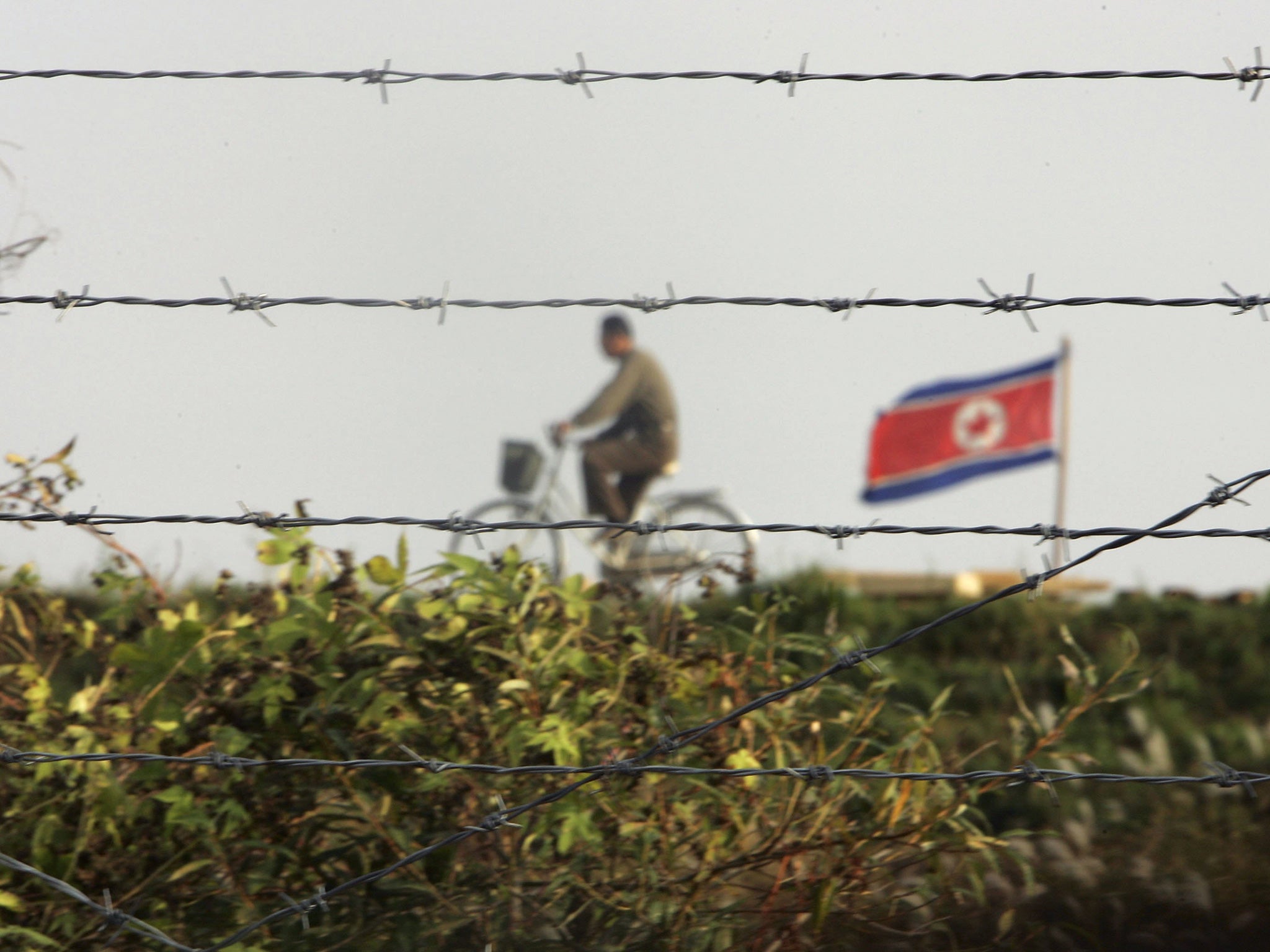North Korea could be sitting on trillions in untapped mineral resources
North Korea is far richer in minerals than its southern counterpart

Mining currently only makes up 14 per cent of North Korea's economy – but the dictatorship may in fact be sitting on vast reserves of mineral wealth.
International sanctions imposed on the hermit kingdom in response to its nuclear tests should, in theory, be crippling its trade in minerals.
A March 2016 UN resolution banned the export of gold, vanadium, titanium, and rare earth metals from North Korea.
Another resolution in November capped production of coal and banned shipments of nickel, copper, zinc and silver.
But a UN report published at the start of the year found that North Korea was covertly exporting banned minerals and finding new ways to evade sanctions.
Egyptian authorities intercepted a ship carrying 2,300 tons of iron ore from North Korea to the Suez Canal, with 30,000 rocket-propelled grenades beneath the ore, according to the report from February.
This “showed the country’s use of concealment techniques, as well as an emerging nexus between entities trading in arms and minerals,” it said.
North Korea's economy is roughly forty times smaller than that of the South, according to estimates by The Economist published last year.
The North is however far richer in minerals. In 2014 it produced 3.4 million tonnes of iron-ore to the South’s 0.6 million.
And North Korea's mineral wealth was estimated at $10 trillion (£7.5 trillion) in 2012 by a South Korean research institute.
The mountainous country has sizeable deposits of more than 200 different underground minerals, according to a recent report by Lloyd Vasey, founder of the Center for Strategic and International Studies think tank.
These include coal, iron ore, magnesite, gold ore, zinc ore, copper ore, limestone, molybdenite, graphite and tungsten, all with potential for the development of large-scale mines.
The country's magnesite reserves are the second largest in the world after China, and its tungsten deposits the planet's sixth largest, according to the report.
South Korea’s state-run Korea Development Institute last September described mineral trade between North Korea and China as a “cash cow” for Pyongyang.
The institute said that mineral trade accounted for 54 per cent of the North’s total trade volume to China in the first half of 2016.
Its reserves have up until now remained underdeveloped, with the average operational rate of mine facilities below 30 percent.
This is in part due to antiquated infrastructure, with just 3 per cent of roads paved, and in part due to the fact that private mining remains illegal.
Join our commenting forum
Join thought-provoking conversations, follow other Independent readers and see their replies
Comments
Bookmark popover
Removed from bookmarks